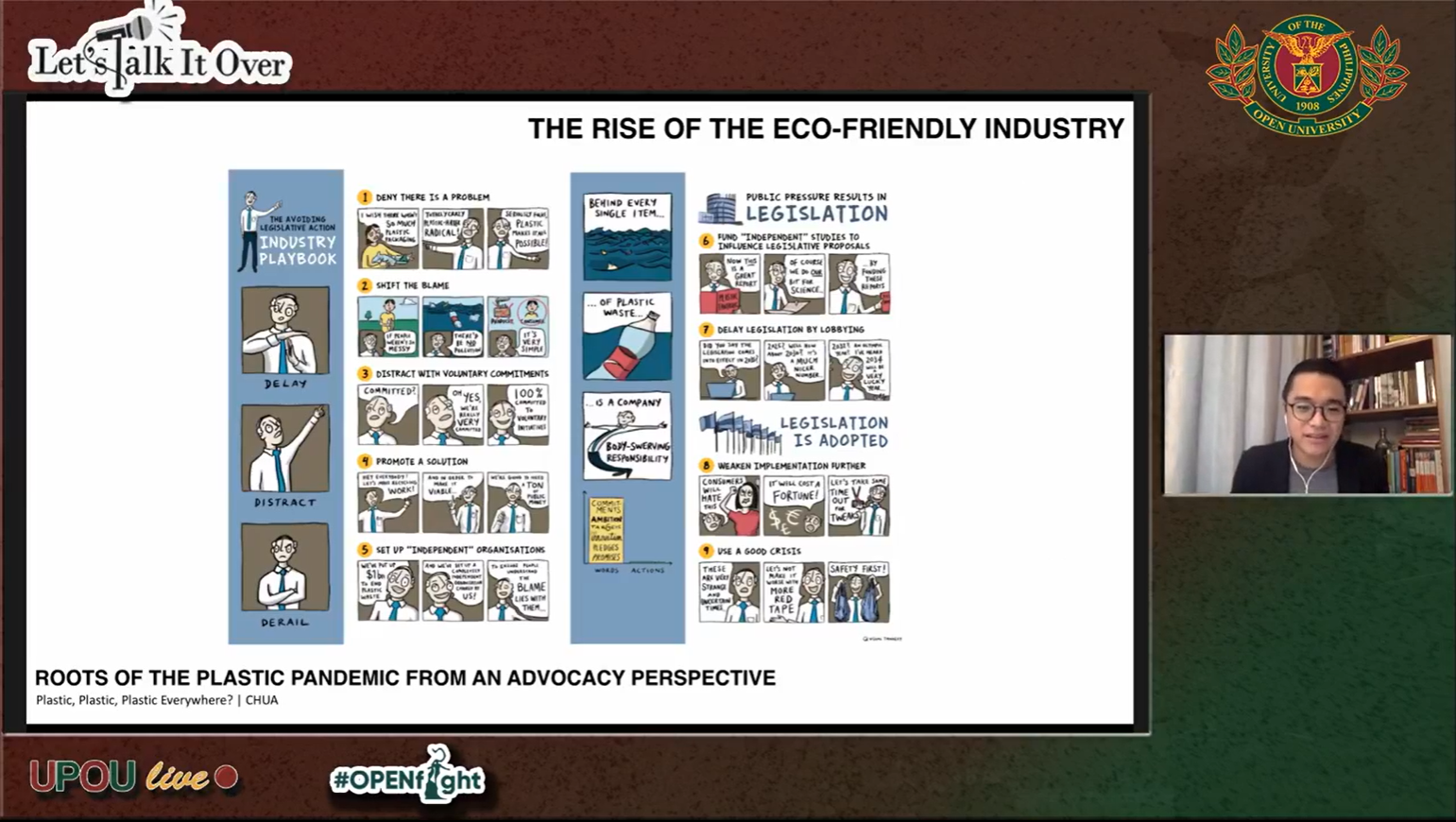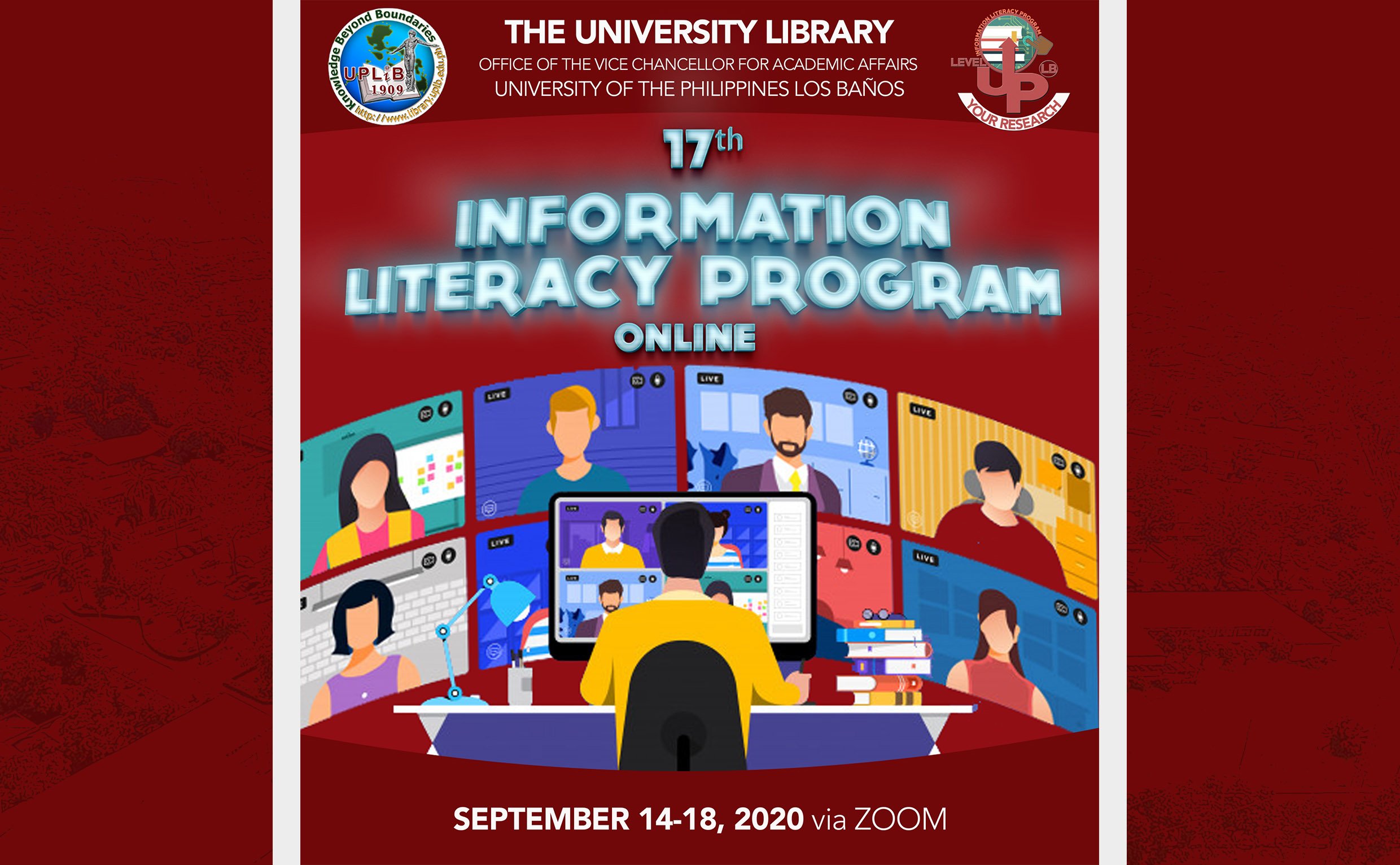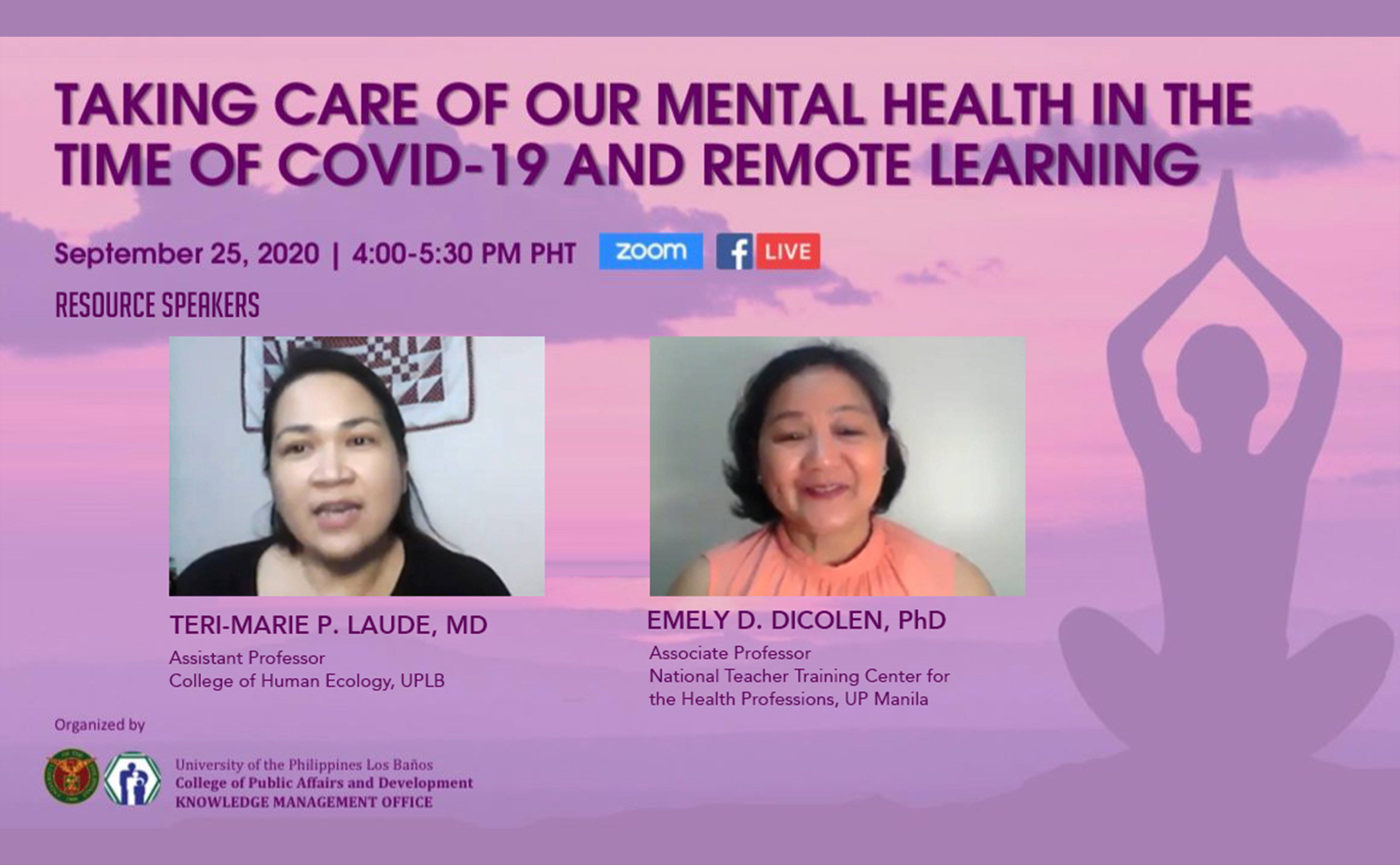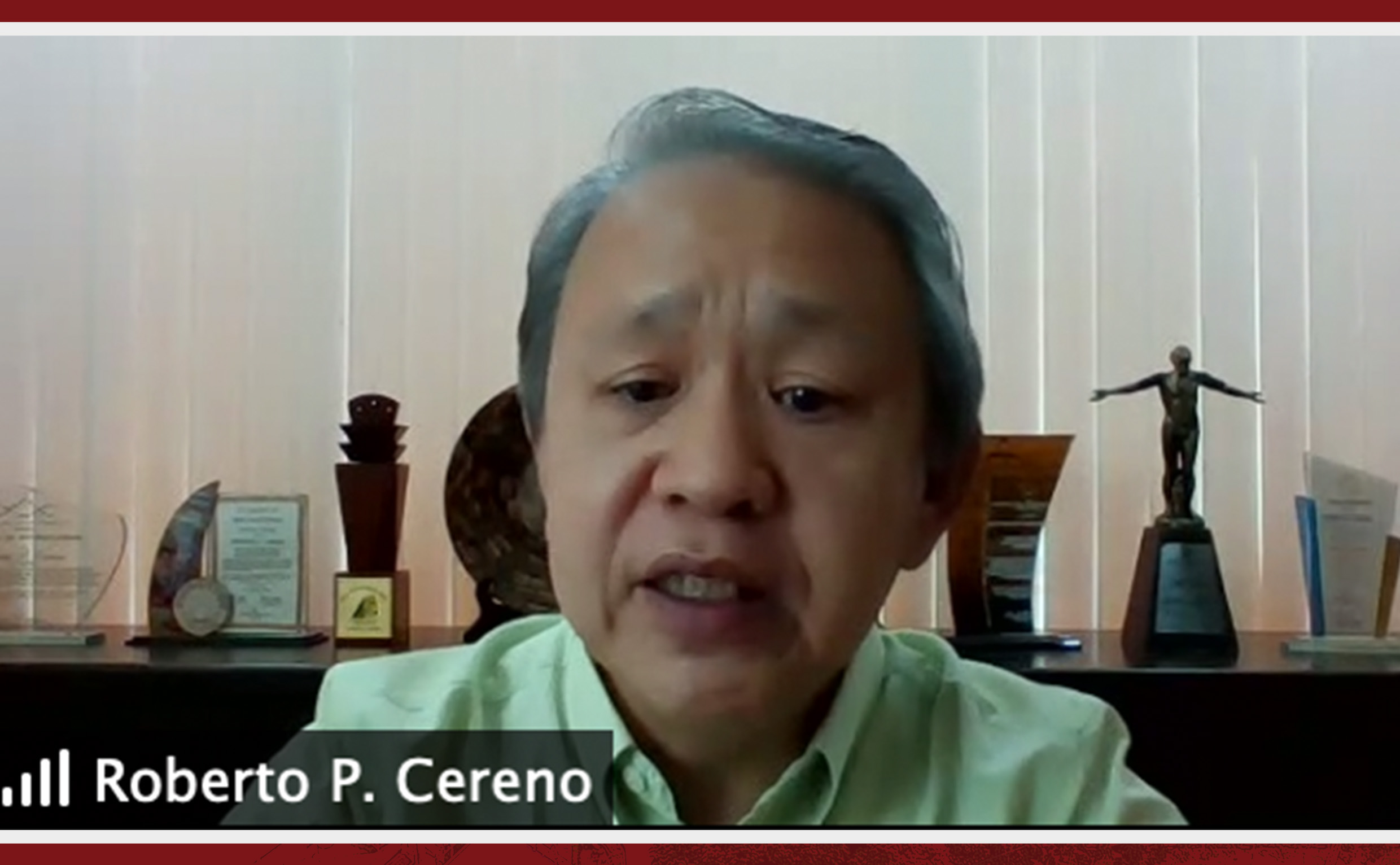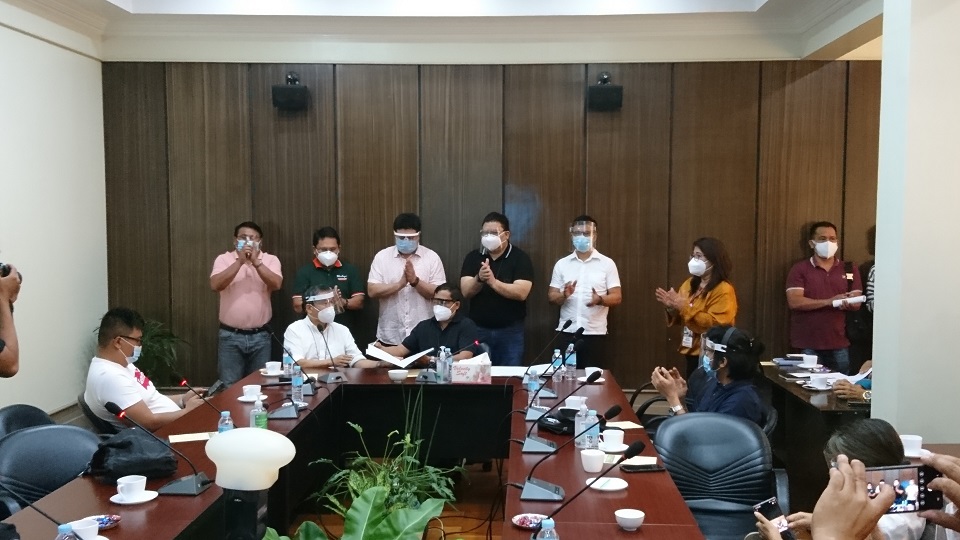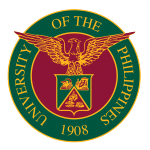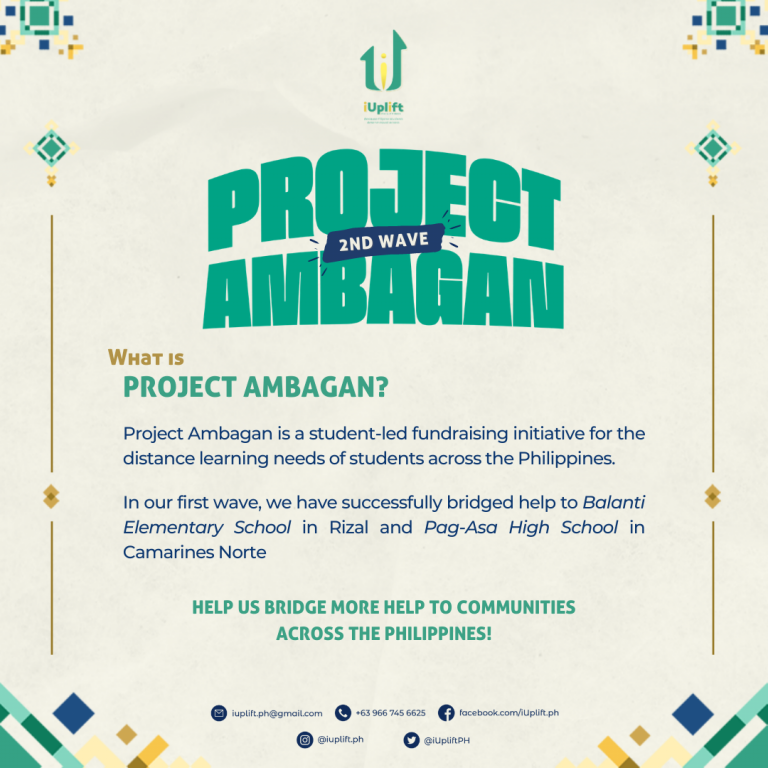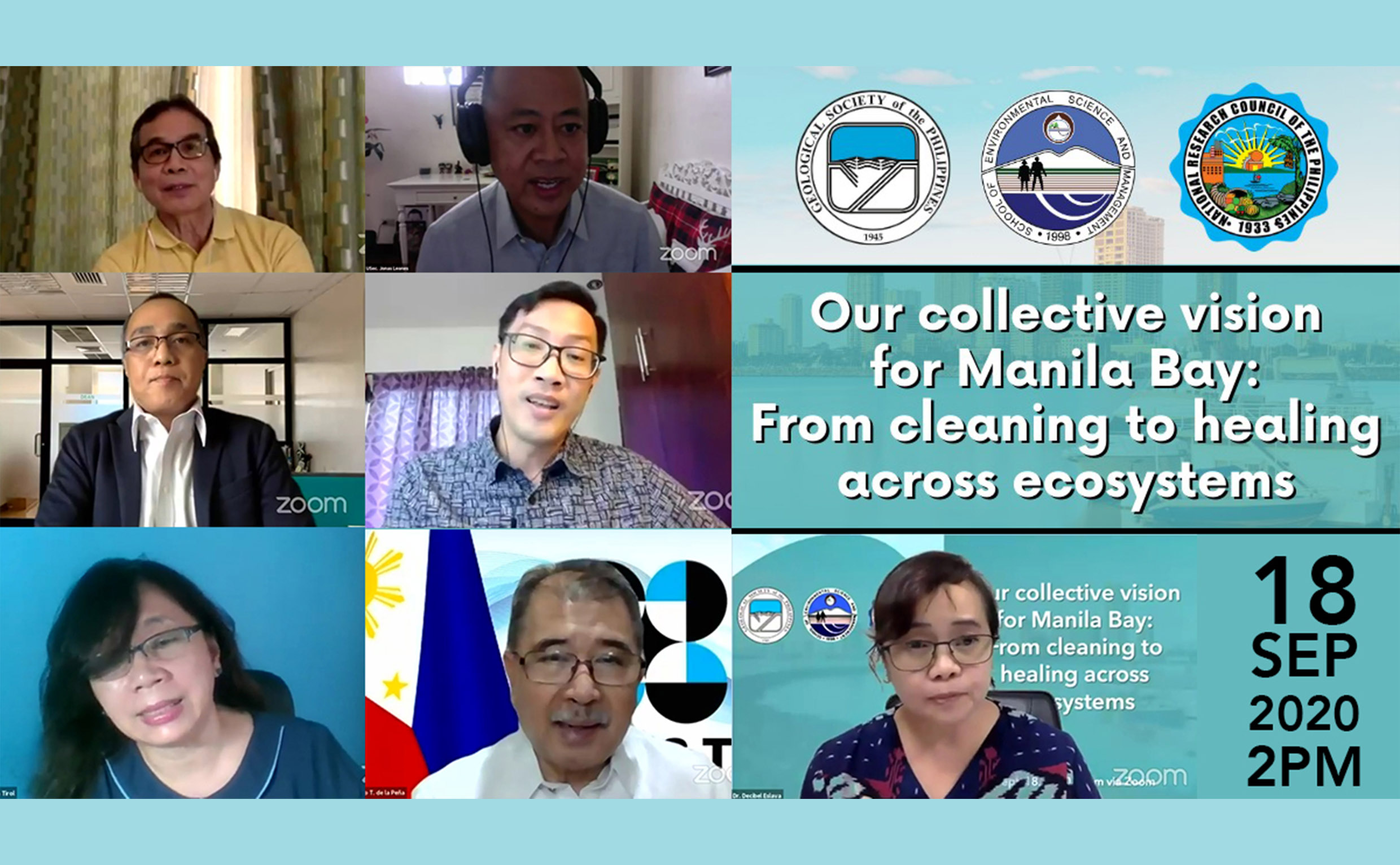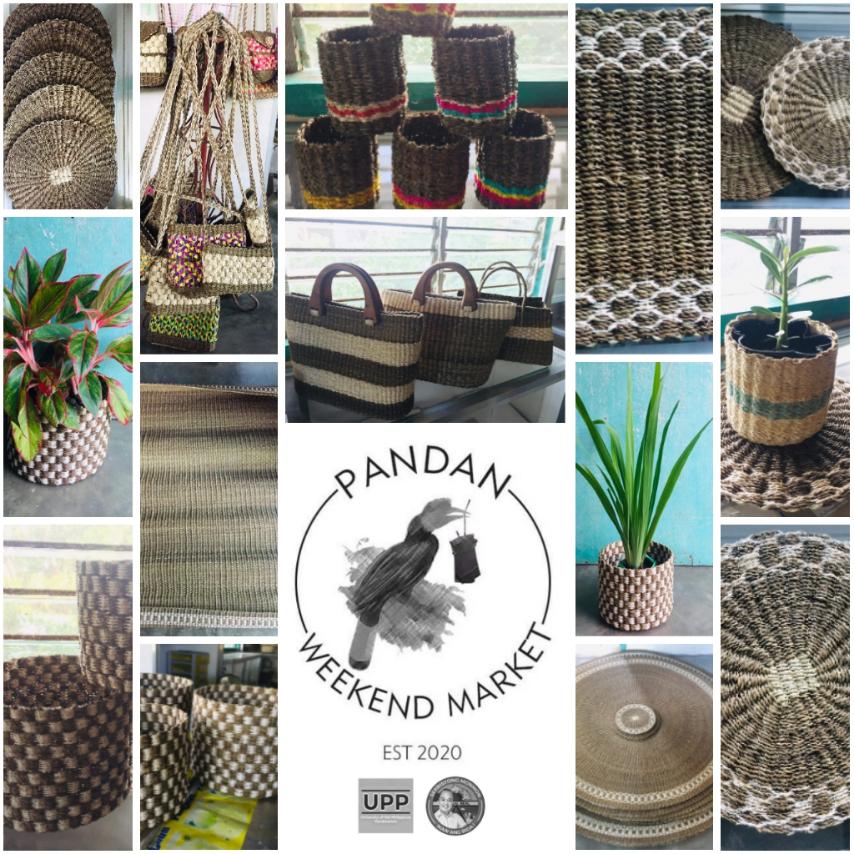What happens when plastics and pandemics collide? In a Let’s Talk it Over (LTiO) webinar, the Master of Environment and Natural Resources Management (MENRM) program led a discussion on the double whammy problem of the COVID-19 pandemic and plastic pollution. The webinar was live-streamed on 30 September 2020 via the University of the Philippines Open University (UPOU) Networks, UPOU Multimedia Center Facebook page, and UPOU YouTube channel.
Author: Padayon UP
The University Library Information Literacy Program (ILP) marked its 17th edition on Sept. 14-18, this time virtually, to equip the UPLB constituents, especially the new freshmen, with skills to effectively and efficiently access information in this time of a pandemic.
ILP held one session each day via Zoom, Facebook, and YouTube.
The recorded increase of stressed and anxious Filipinos amidst the COVID-19 pandemic motivated the Knowledge Management Office of the College of Public Affairs and Development (CPAf-KMO) to tackle mental health in a webinar on Sept. 25. Entitled “Taking care of our mental health in the time of COVID-19 and remote learning,” the Zoom webinar that […]
Tourism can still be done during this pandemic, for as long as health and safety protocols are observed.
This is according to For. Roberto Cereno, UPLB’s ecotourism expert, at the sixth edition of the webinar “Living dangerously series” of the School of Environmental Science and Management (SESAM) on Sept. 24.
In his presentation entitled “Ecotourism beyond the pandemic: picnic after the panic?” For. Cereno lamented that the COVID-19 pandemic has affected the tourism industry worldwide, with US$730 billion recorded loss in tourism exports.
Officials of the University of the Philippines (UP) Mindanao and the local governments of Davao del Norte witnessed a milestone in their collaboration agreement with the turnover of a COVID-19 testing facility by the builder Maer Summit Konstrukt Company to the end-user Davao Regional Medical Center (DRMC) in ceremonies held on 27 August 2020, in the Davao del Norte Provincial Capitol in Tagum City. Mr. Dino Mae Suelto, the Managing Partner of Maer Summit Konstrukt, presented the certificate of turnover to DRMC chief Dr. Bryan Dalid in the presence of the project partners.
After its successful fundraising event in August, the UP Junior Finance Association (UP-JFA) re-launched the donation drive “Project Sukli” this September to help the UP-Philcoa jeepney drivers gravely affected by the COVID-19 pandemic.
In its Sept. 6 Facebook page post, UP-JFA said funds raised for Project Sukli will be used to buy relief packs for the beneficiaries comprising rice, canned goods and other essentials per pack.
Chancellor Fernando C. Sanchez, Jr., formally endorsed on June 30, 2020 to the UP Board of Regents the proposed amendment on the guidelines for the Enhanced Hospitalization Programme (eHOPE) drafted by the UPLB eHOPE Committee.
The eHOPE is hospitalization benefits coverage for faculty members, research, extension, and professional staff (REPS), and administrative staff of UP.
#ProjectAmbagan is now on its second wave and among its beneficiaries are the Tagbanua and Batak communities in Palawan.
#ProjectAmbagan is an initiative of iUplift, a coalition of student organizations. The project was launched in June and raises funds to respond to the distance learning needs of Filipino students across the country.
The School of Environmental Science and Management (SESAM) co-organized a virtual symposium on Sept. 18 to provide experts a platform to discuss the Manila Bay dolomite project.
Of the speakers, two were UPLB professors – Dr. Rex Victor Cruz of the College of Forestry and Natural Resources and a former chancellor of UPLB, and Dr. Ma. Stella Tirol, dean of the College of Development Communication – who joined government officials and geologists at the virtual learning event.
The University of the Philippines Pandananon (UPP), together with the Office of Pandan, Antique Vice Mayor Raymund Nonato Gumboc, organized a weekend market to highlight Pandan’s artisanal foods and other products on September 13, 2020, 7:00 am to 1:00 pm, at the Liberman Sports Center in the at the said municipality.

